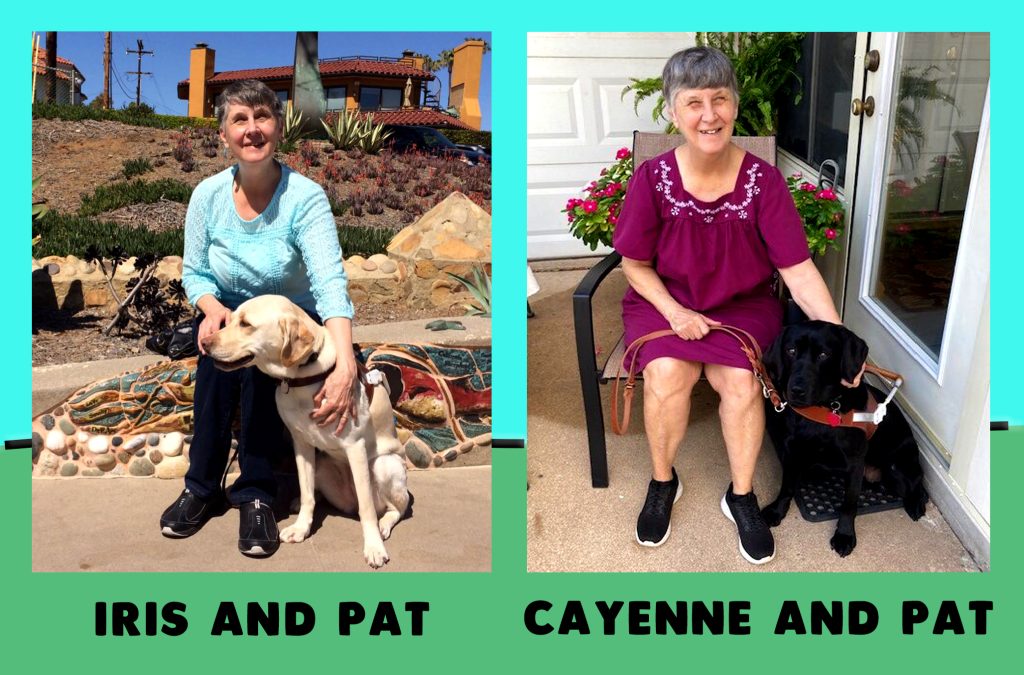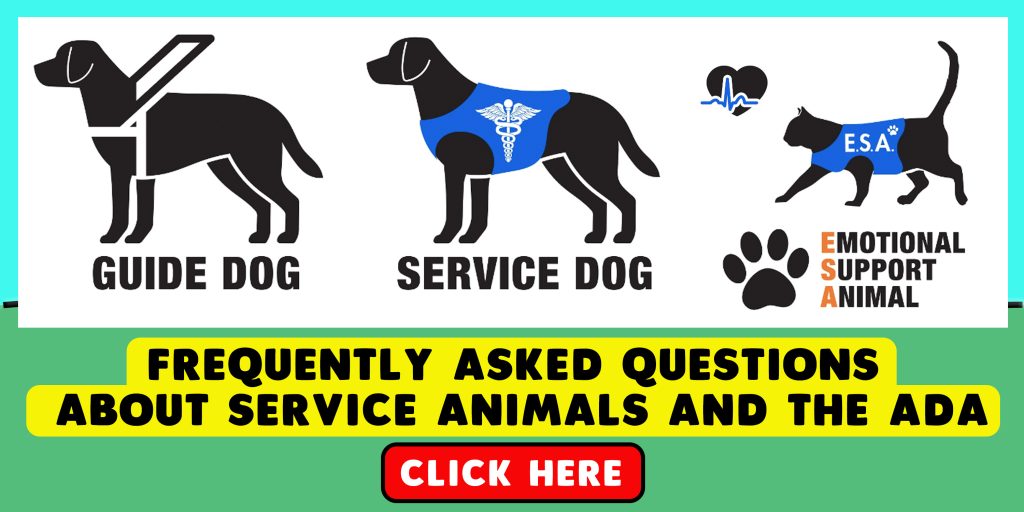by Pat Pound
In today’s world, provisions for people with disabilities are common and useful. As a person who is blind, I appreciate Braille door signs and elevator buttons, allowing me to independently find my meeting room. Most of us folks with disabilities are not prone to moaning and groaning about the impact of our disabilities in everyday life. After all, we practice skills that allow us to function in jobs, families, and recreational pursuits. However, throughout time, provisions for people with disabilities have been improperly used by people without disabilities who see them more as perks. They also do not recognize that their actions often harm people with disabilities.

For example, most people know drivers who illegally park in accessible parking spaces or block ramps “just for a minute.” What they don’t realize is that during that minute, Nancy, a person with a disability, not able to park, missed her job interview. She did not have the option that everyone else has of parking farther away and walking. Blocked curb ramps also limit travel, and people with disabilities who attempt to traverse the curb risk falls or injuries.
Some provisions are sharable such as family restrooms. Obviously, some people with disabilities need them as they have caregivers who assist them. Families also have a similar need, so sharing these restrooms makes sense. However, people without such needs, who lock themselves into family restrooms in order to feel safe or to sleep are abusing this provision. Some facilities solve this problem by locking family restrooms to everyone between certain hours. This means that Fred, a wheelchair user, doesn’t get to use the restroom before boarding his connecting flight, and of course the restroom on the plane is not accessible.

Similar things happen in service animal relief areas, especially at airports. These are required by the federal government because people with disabilities who travel with a service dog need to relieve them before and after long plane flights. Sharing again makes sense between pet parents and service dog handlers, but everyone needs to pick up after their dogs. A person who is blind has no problem picking up after their dog; however, they do have a problem avoiding dog poop left by others.
Today many people desire to take their pet dogs into public places that only allow service dogs. They often achieve this by purchasing vests, badges, leashes, or other dog wearables signifying that their dog is a service dog although it has not been trained to do such work. This is equivalent to impersonating a person with a disability, which is against the law in many states. Sellers of such merchandise market skillfully such that most people ordering wearables have no clue that using them is against the law, or may harm people with disabilities. Guide Dogs for the Blind, Canine Companions, and Assistance Dogs International surveyed their US teams and found that of the almost 1,400 respondents, 78% experienced an out-of-control dog vocalizing at, lunging at, distracting, or biting their service dog in places where pets are not permitted.

What this means for service animal handlers is that their lives have become more stressful and less safe due to the misbehavior of pets used fraudulently as service dogs. Many handlers do not frequent stores that are pet-friendly because they do not want their service dog to be distracted. On my way to a speaking engagement, I had a dog jump onto my dog’s side and almost cause me to fall. I did spill a cup of coffee, and the experience was frightening.
Key Take-Aways:
- Please refrain from using provisions made for people with disabilities, unless you qualify to do so.
- Avoid parking in accessible spaces or blocking ramps, so Nancy can get to her job interview.
- Avoid using family restrooms, so Fred can use the restroom before his connecting flight.
- Pick up after your dog at public relief areas, so Melanie does not wear dog poop on her shoes.
- Avoid taking pets where only service dogs are allowed, so I do not wear coffee-soaked clothes.
If you don’t have a disability, please do not use provisions meant for us. The things you consider perks are necessities for us and make our lives safer, easier, and more like yours.
Learn more etiquette around blindness and guide dogs on the following websites:

Perfectly stated, Pat.
this should be made into a piece on the local news, good job Pat